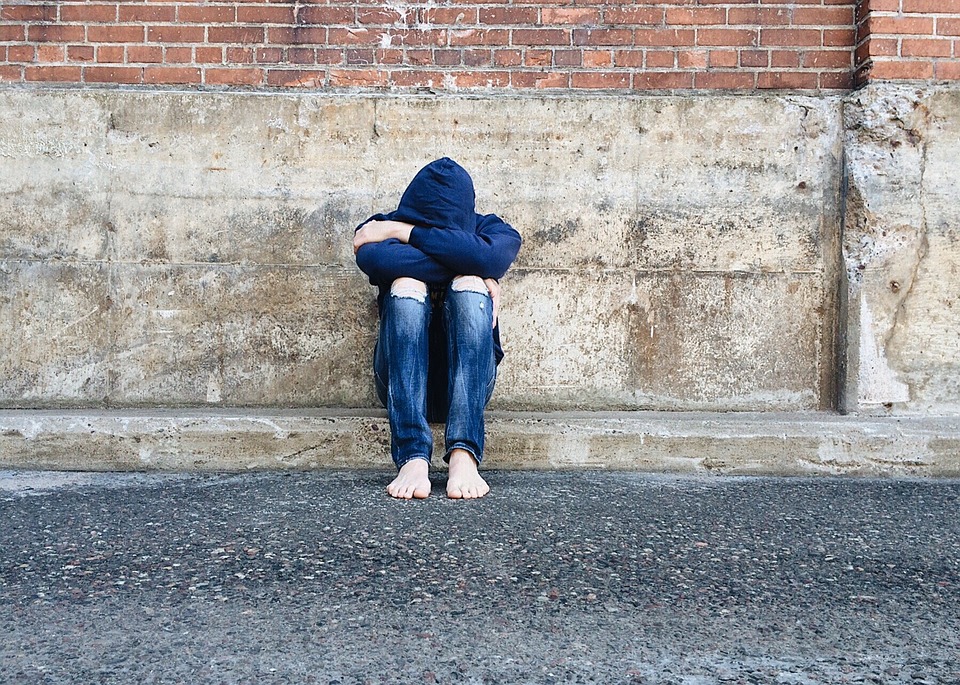Mental Health Awareness Month is celebrated in May in the U.S. The observance promotes a variety of mental health issues by reaching millions of people through the media, screenings, and local events.
Mental health problems bring pain and suffering to too many American families. We have gained a far greater understanding of mental illness in recent years, but there is still much to be learned.
Mental illness can be triggered by a number of issues, including natural disasters. It’s hard to live through a catastrophe like a tornado or hurricane without bearing emotional and mental scars. Sadly, members of our society who are already vulnerable (including the poor, disabled, and children) are often the most affected by the effects of natural disaster.
Typical forms of mental illness that develop in the aftermath of a natural disaster include panic attacks, post-traumatic stress disorder, and suicidal tendencies. A number of studies have been conducted in the wake of natural disasters and revealed a heavy toll on mental health. For example, many people living in the path of the great hurricanes, such as Katrina, Maria, and Irma, suffered post-traumatic distress order and other severe mental health conditions.
The government and private organizations tend to focus on the rehabilitation of physical damages resulting from a natural disaster. While these damages should be given priority, mental health consequences can often be just as tragic.
Government and community action is vital to addressing mental health problems after a natural disaster. The preservation of life and property are of prime importance immediately afterward, but true healing will only take place when the mental health effects are diagnosed and treated.

